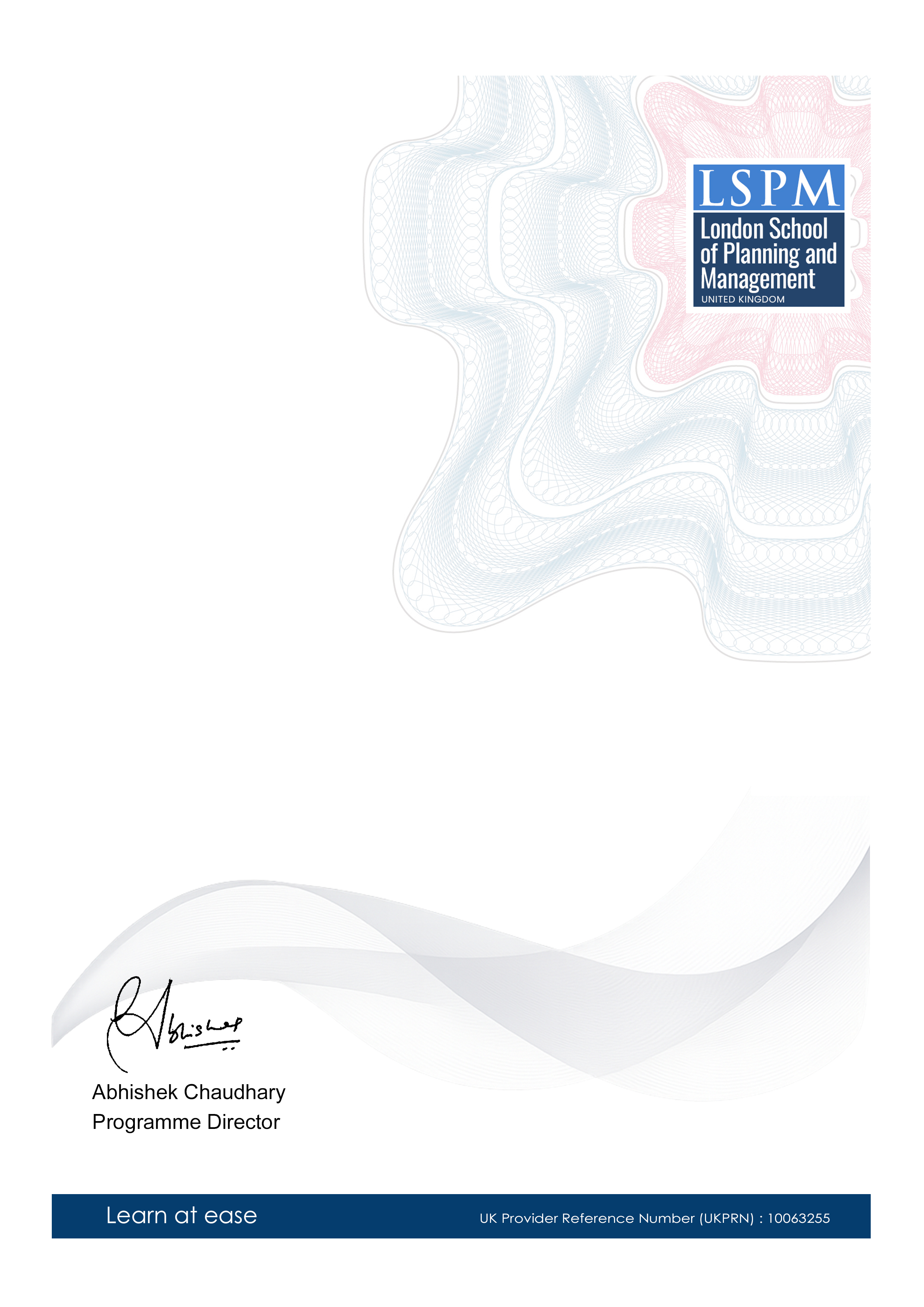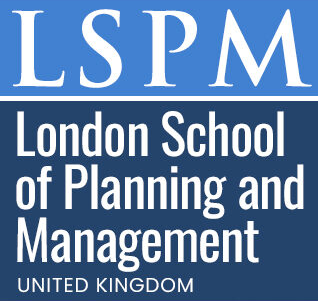Postgraduate Certificate in Communication for Crisis Intervention
-- viewing nowThe Postgraduate Certificate in Communication for Crisis Intervention is a comprehensive course designed to equip learners with essential skills for managing complex communication scenarios during crises. This certificate course is critical for professionals working in high-pressure environments, such as emergency services, healthcare, and government agencies, where clear and effective communication can make a significant difference in managing critical situations.
5,531+
Students enrolled
GBP £ 149
GBP £ 215
Save 44% with our special offer
About this course
100% online
Learn from anywhere
Shareable certificate
Add to your LinkedIn profile
2 months to complete
at 2-3 hours a week
Start anytime
No waiting period
Course details
• Crisis Communication Theory: Understanding the fundamental theories and frameworks that guide crisis communication. This unit will cover key concepts such as risk communication, crisis management, and crisis response strategies.
• Crisis Intervention Techniques: Exploring different techniques for managing and resolving crises, including mediation, negotiation, and conflict resolution. This unit will also cover the use of technology in crisis intervention, such as social media and digital communication tools.
• Intercultural Communication in Crisis: Examining the role of culture in crisis communication and intervention. This unit will cover issues related to language, identity, power, and social justice in cross-cultural crisis contexts.
• Crisis Communication Ethics: Analyzing the ethical implications of crisis communication and intervention. This unit will cover topics such as privacy, transparency, accountability, and social responsibility.
• Crisis Leadership and Management: Exploring the role of leadership and management in crisis communication and intervention. This unit will cover topics such as decision-making, problem-solving, team building, and organizational change.
• Crisis Communication Planning and Evaluation: Learning how to develop and implement effective crisis communication plans, and how to evaluate their impact. This unit will cover topics such as scenario planning, message testing, audience segmentation, and impact assessment.
• Crisis Communication Case Studies: Analyzing real-world examples of crisis communication and intervention, and extracting lessons learned from these cases. This unit will cover a range of industries, sectors, and contexts, including business, government, healthcare, education, and non-profit.
• Crisis Communication Research Methods: Understanding the research methods and data analysis techniques used in crisis communication and intervention. This unit will cover both qualitative and quantitative research methods, including surveys, interviews, focus groups, content analysis, and experimental designs.
• Crisis Communication and Mental Health: Examining the impact of
Career path
Entry requirements
- Basic understanding of the subject matter
- Proficiency in English language
- Computer and internet access
- Basic computer skills
- Dedication to complete the course
No prior formal qualifications required. Course designed for accessibility.
Course status
This course provides practical knowledge and skills for professional development. It is:
- Not accredited by a recognized body
- Not regulated by an authorized institution
- Complementary to formal qualifications
You'll receive a certificate of completion upon successfully finishing the course.
Why people choose us for their career
Loading reviews...
Frequently Asked Questions
Course fee
- 3-4 hours per week
- Early certificate delivery
- Open enrollment - start anytime
- 2-3 hours per week
- Regular certificate delivery
- Open enrollment - start anytime
- Full course access
- Digital certificate
- Course materials
Get course information
Earn a career certificate

